
Illness, i.e., a faulty functioning of the organism, is not peculiar to man. Animals get ill, and even things in their own way present defects in functioning. The idea of illness as abnormality is the classic one that was developed by medical science.
The response to illness, mainly thanks to the positivist ideology which still dominates medicine today, is that of the cure, that is to say, an external intervention chosen from specific practices, aimed at restoring the conditions of a given idea of normality.
Yet it would be a mistake to think that the search for the causes of illness has always run parallel to this scientific need to restore normality. For centuries remedies did not go hand in hand with the study of causes, which at times were absolutely fantastical. Remedies had their own logic, especially when based on empirical knowledge of the forced of nature.
In more recent times a critique of the sectarianism of science, including medicine, has based itself on the idea of man’s totality: an entity made up of various elements – intellectual, economic, social, cultural, political and so on. It is in this new perspective that the materialist and dialectical hypothesis of Marxism inserted itself. The variously described totality of the new, real man no longer divided up into the sectors tat the old positivism had got us used to, was again encapsulated in a one-way determinism by the Marxists. The cause of illness was thus considered to be due exclusively to capitalism which, by alienating man through work, exposed him to a distorted relationship with nature and ‘normality’, the other side of illness.
In our opinion neither the positivist thesis that sees illness as being due to faulty functioning of the organism, nor the Marxist one that sees everything as being due to the misdeeds of capitalism is sufficient.
Things are a little more complicated than that.
Basically, we cannot say that there would no longer be such a thing as illness in a liberated society. Nor can we say that in that happy event illness would reduce itself to a simple weakening of some hypothetical force that is still to be discovered. We think that illness is part of the nature of man’s state of living in society, i.e., it corresponds to a certain price to be paid for correcting a little of nature’s optimal conditions in order to obtain the artificiality necessary to build even the freest of societies.
Certainly, the exponential growth of illness in a free society where artificiality between individuals would be reduced to the strictly indispensable, would not be comparable to that in a society based on exploitation, such as the one in which we are living now. It follows from this that the struggle against illness is an integral part of the class conflict. Not so much because illness is caused by capital – which would be a determinist, therefore unacceptable, statement – but because a freer society would be different. Even in its negativity it would be closer to life, to being human. So illness would be an expression of our humanity just as it is an expression of our terrifying inhumanity today. This is why we have never agreed with the somewhat simplistic thesis summed up in the phrase “make illness a weapon”, even though it is one that deserves respect, especially as far as mental illness is concerned. It is not really possible to propose to the patient a cure that is based exclusively on the struggle against the class enemy. Here the simplification would be absurd. Illness also means suffering, pain, confusion, uncertainty, doubt, solitude, and these negative elements do not limit themselves to the body, but also attack the consciousness and the will. To draw up programs of struggle on such a basis would be quite unreal and terrifyingly inhuman.
But illness can become a weapon if one understands it both in its causes and effects. It can be important for me to understand what the external causes of my illness are: capitalists and exploiters, State and capital. But that is not enough. I also need to clarify my relationship with MY ILLNESS, which might not only be suffering, pain and death. It might also be a means by which to understand myself and others better, as well as the reality that surrounds me and what needs to be done to transform it, and also get a better grasp of revolutionary outlets.
The mistakes that have been made in the past on this subject come from a lack of clarity due to the Marxist interpretation. That was based on the claim to establish a DIRECT relationship between illness and capital. We think today that this relationship should be INDIRECT, i.e., by becoming aware of illness, not of illness in general as a condition of ABNORMALITY, but of my illness as a component of my life, an element of MY NORMALITY.
And then the struggle against this illness. Even if not all struggles end in victory.


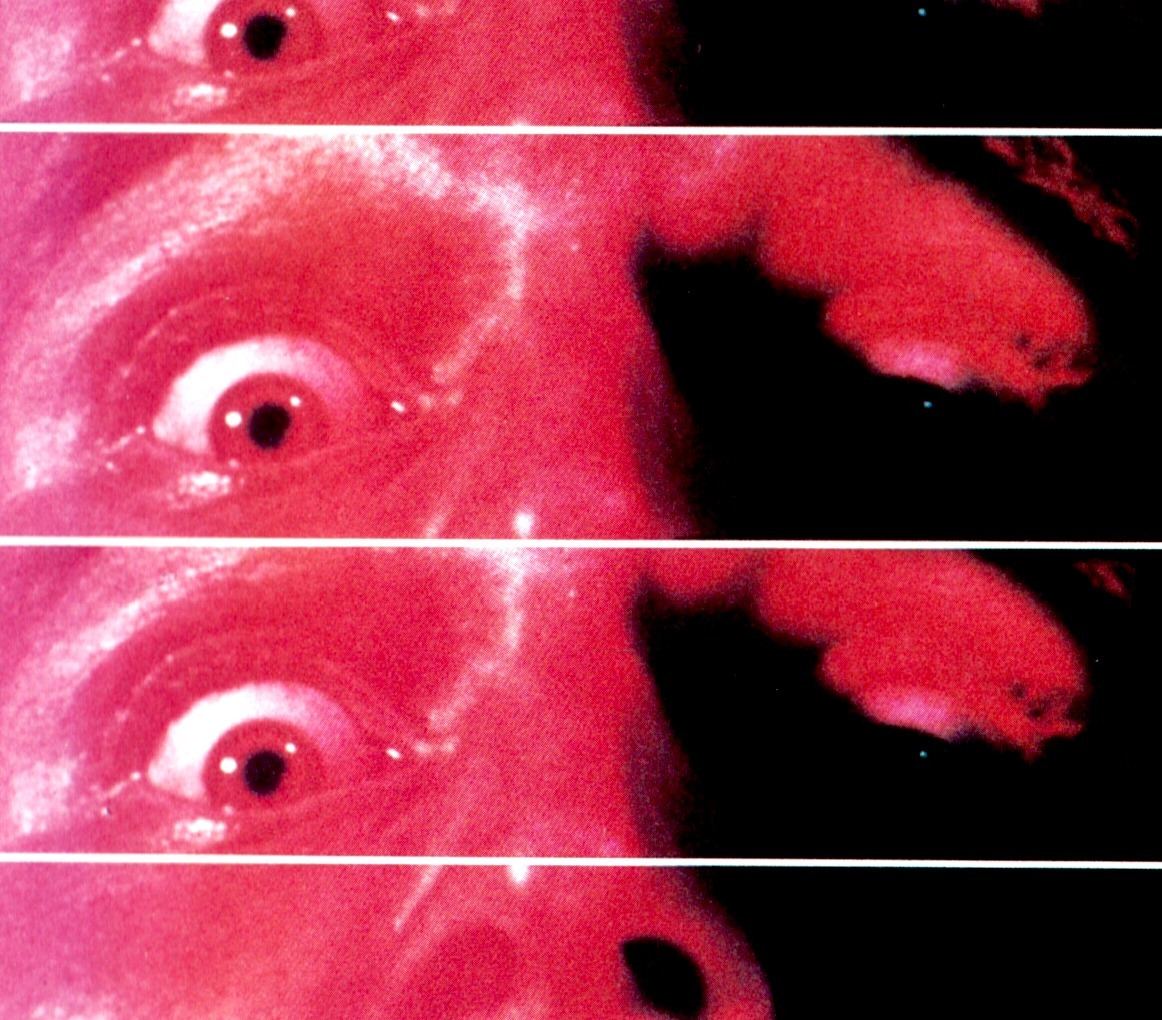
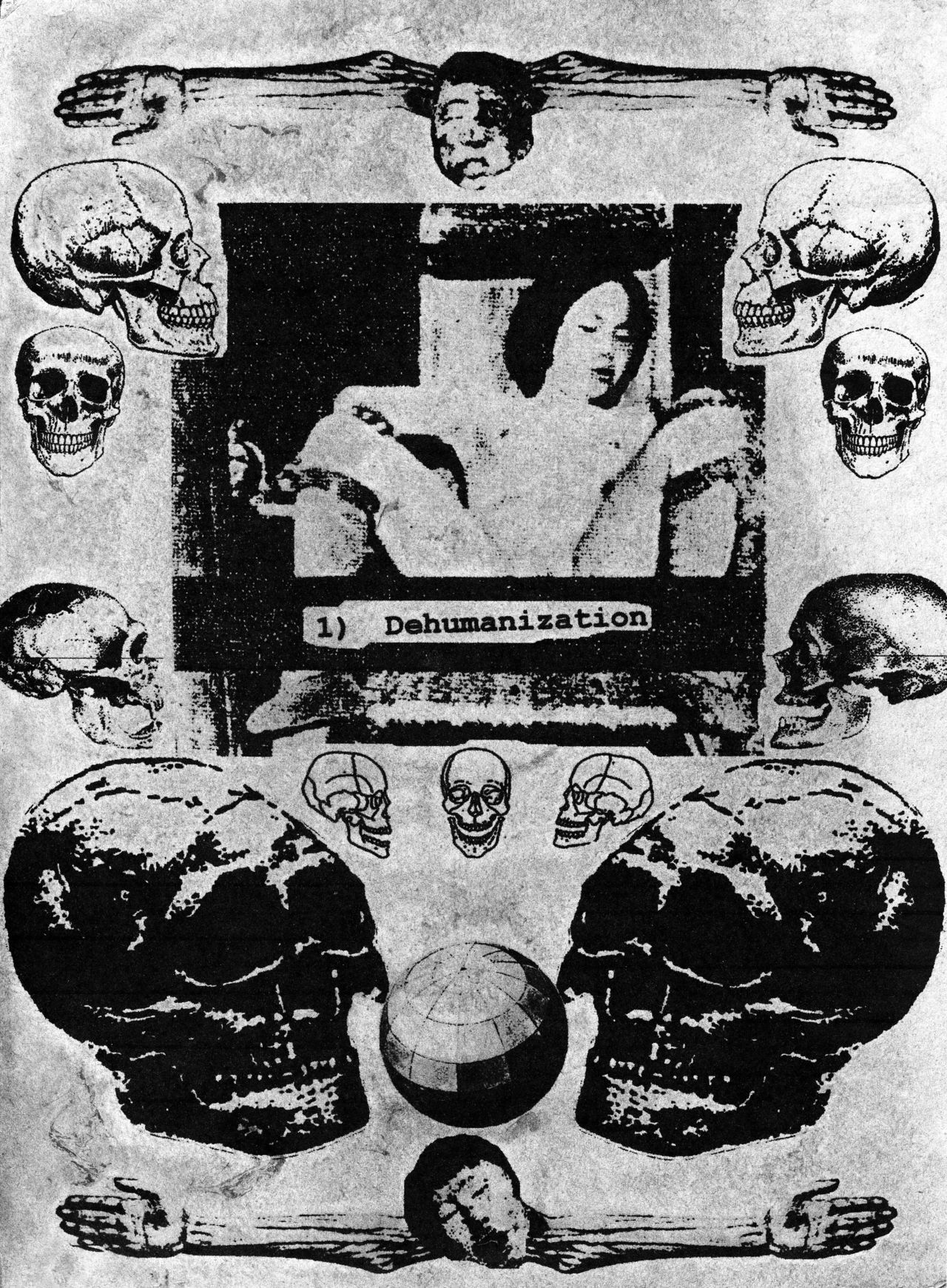

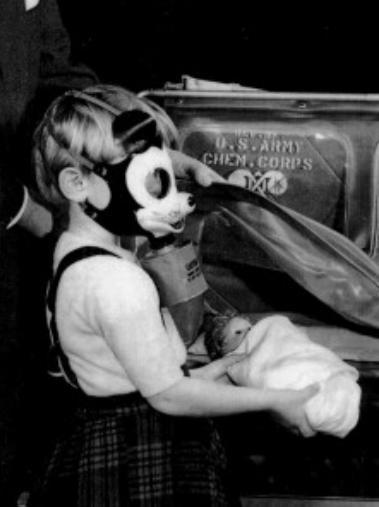

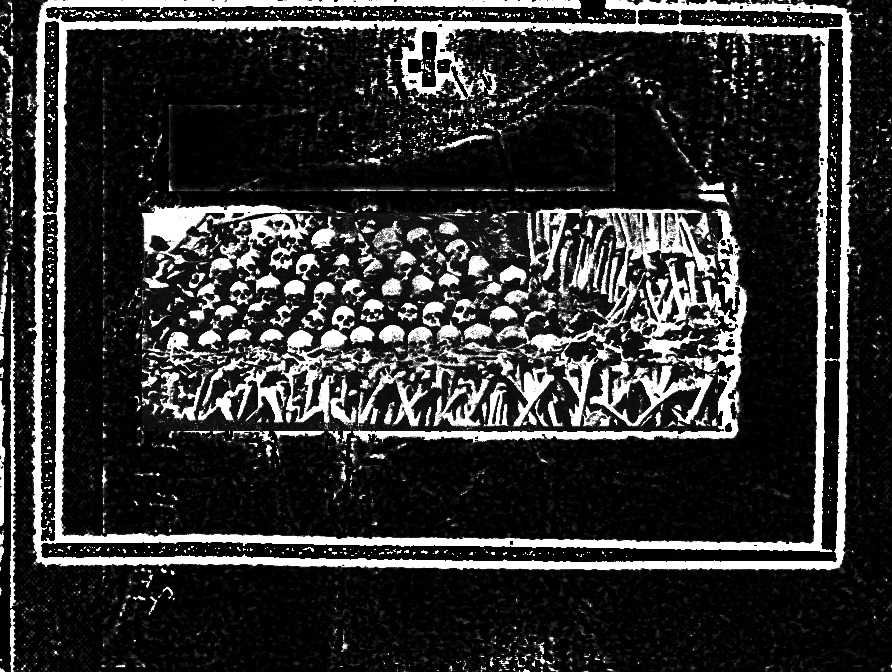
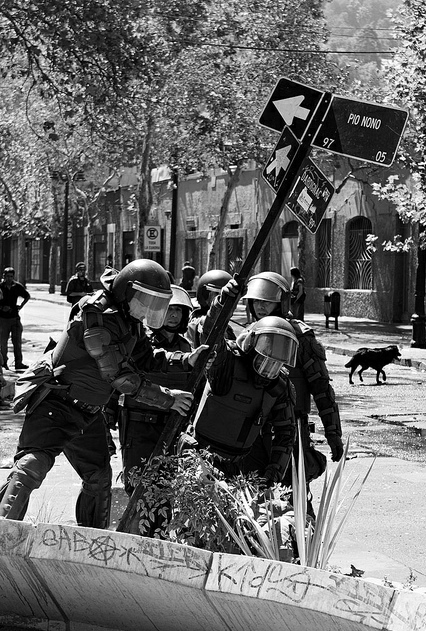
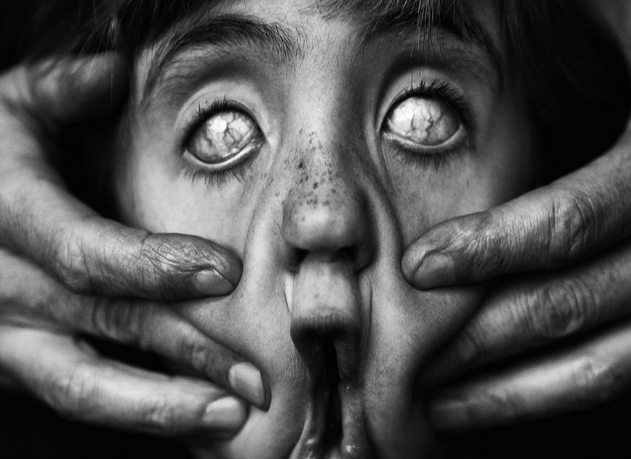

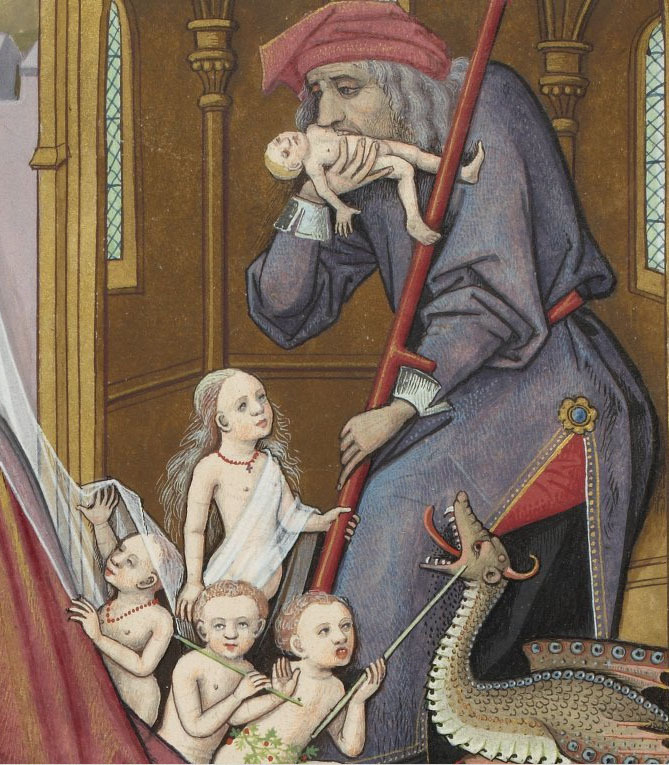


![Eurorepressione - Sulla conferenza a Den Haag sul tema "Anarchia" [corretto]](http://25.media.tumblr.com/tumblr_m0jvngOXtY1qa2163o1_1280.jpg)
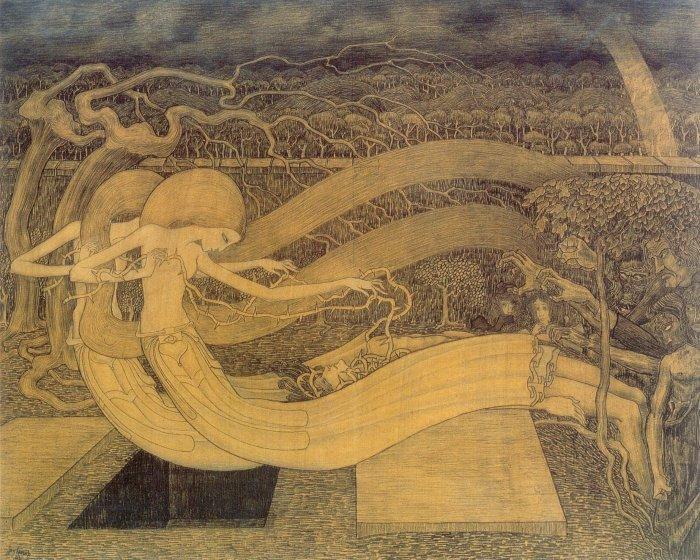
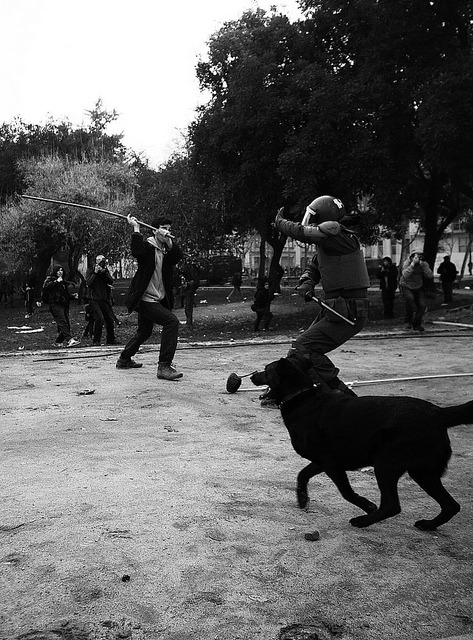
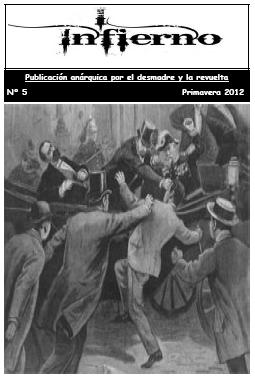
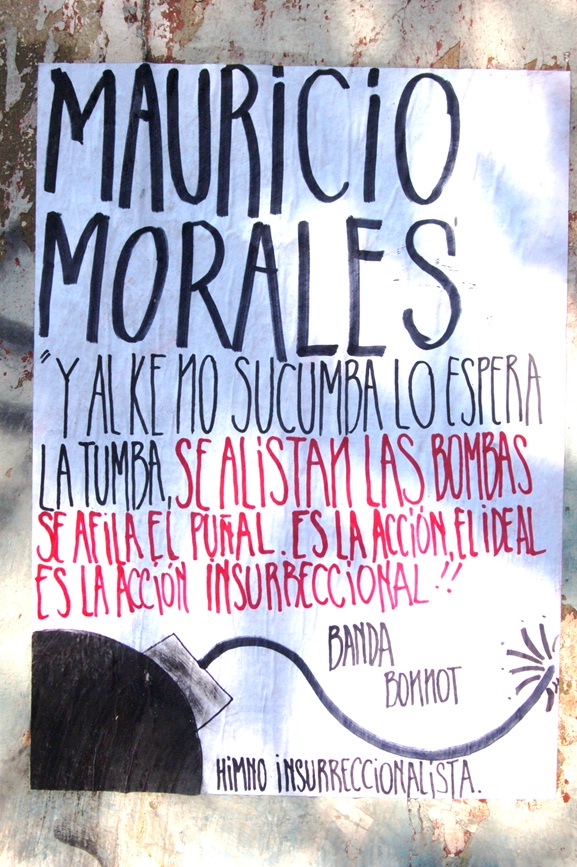
![A tres años de la Partida de Mauricio Morales: De la Memoria a la Calle [Stgo.]](http://metiendoruido.com/wp-content/uploads/2012/05/mmacividad.jpg)
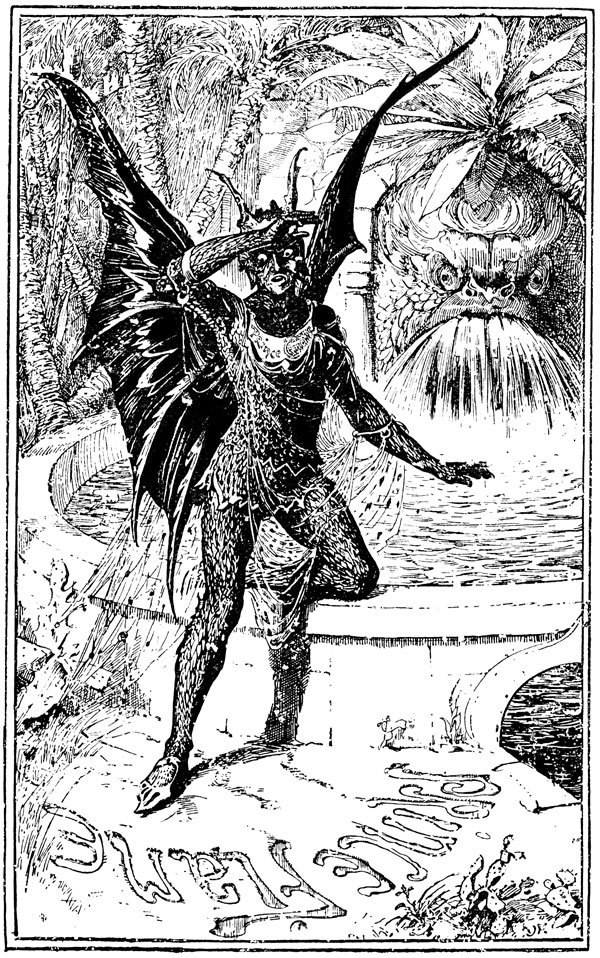
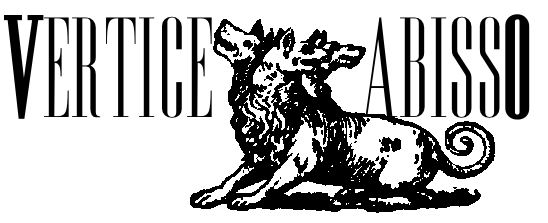



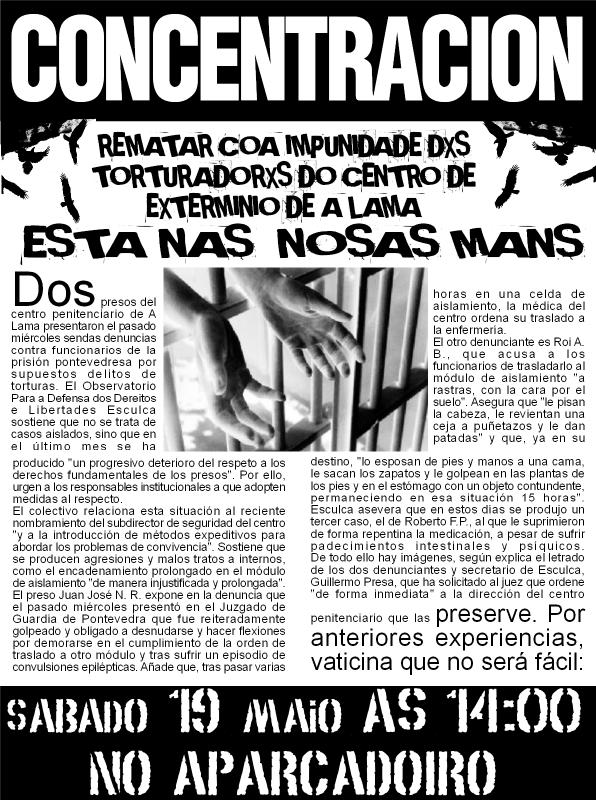

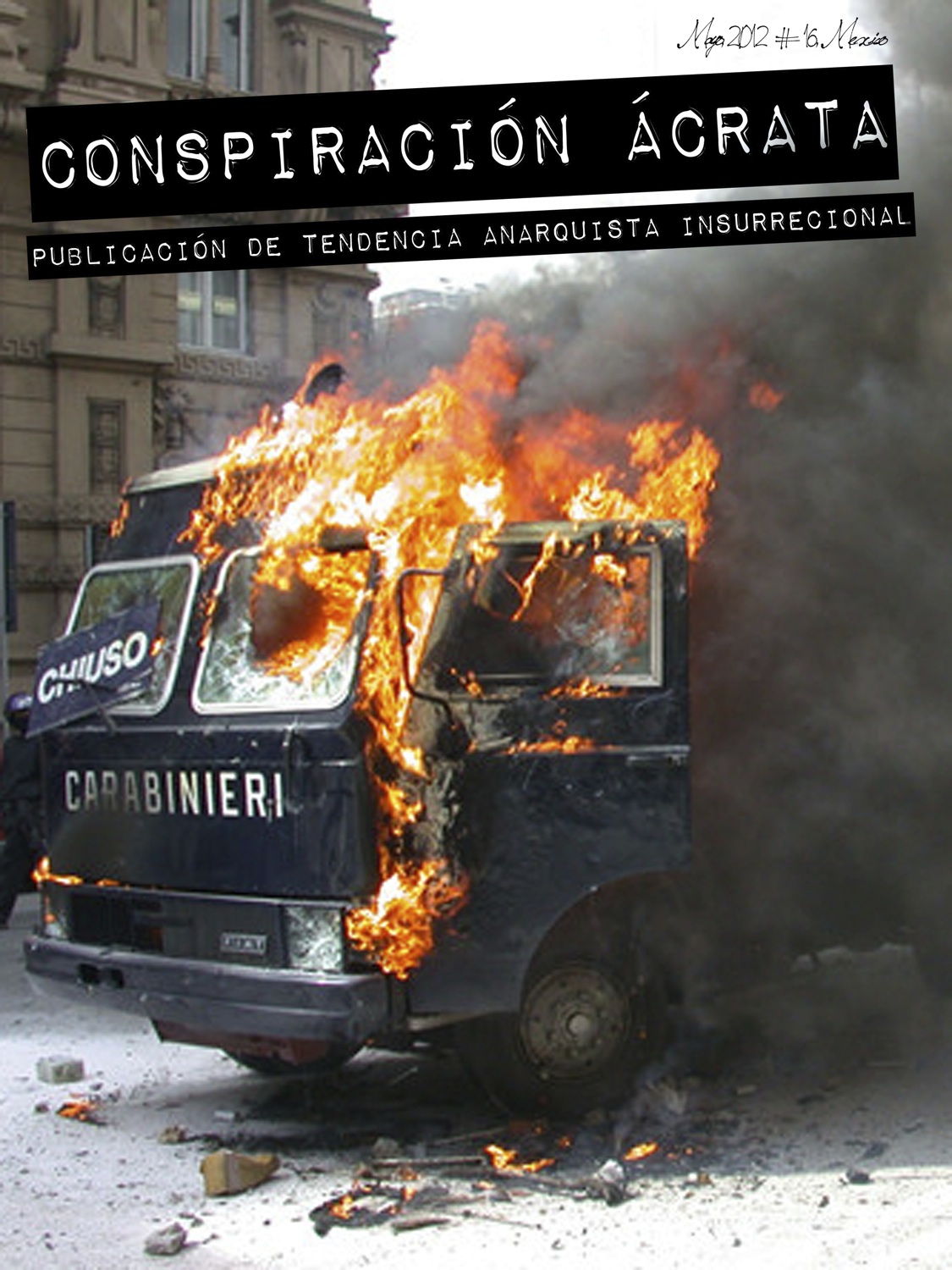

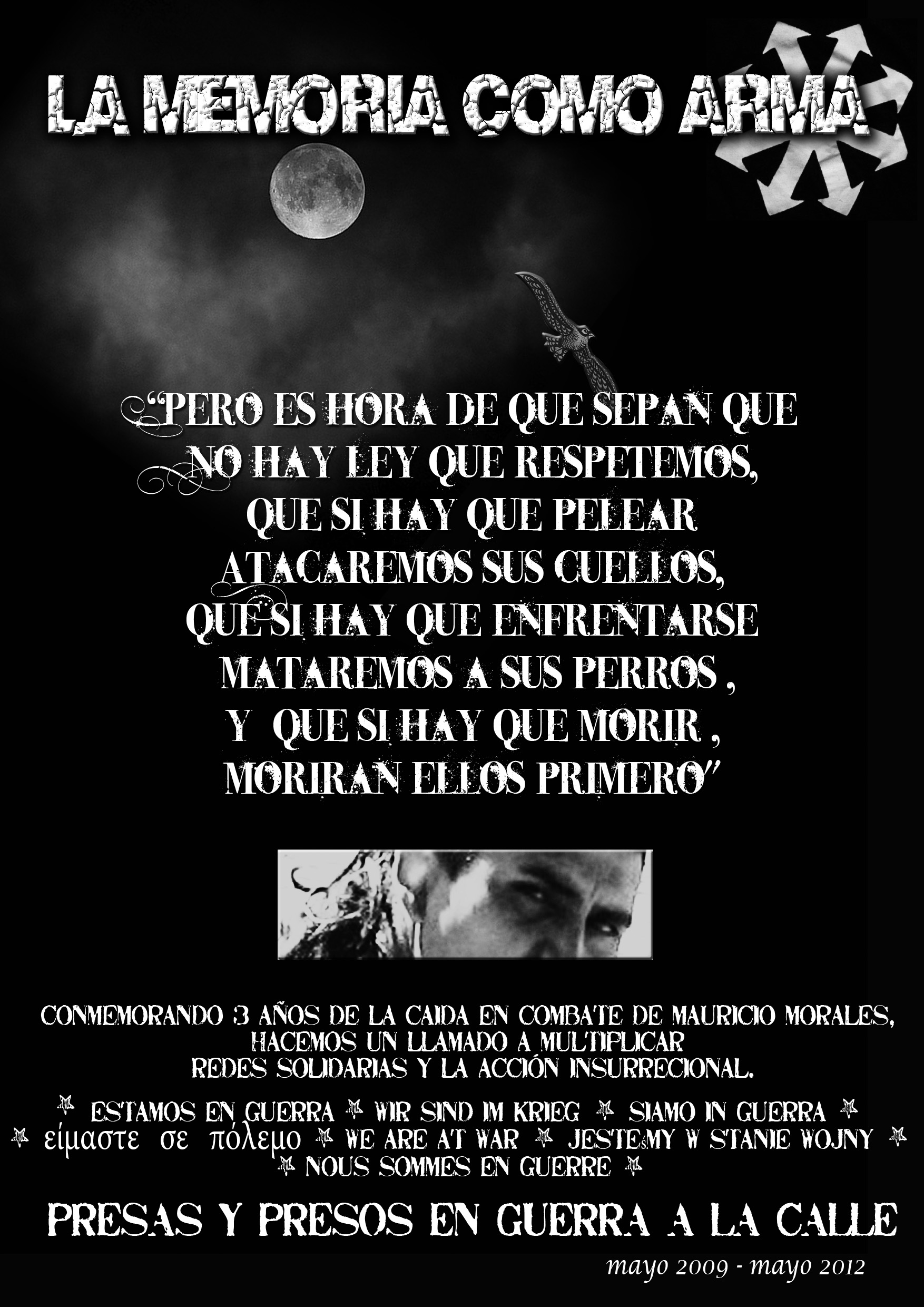
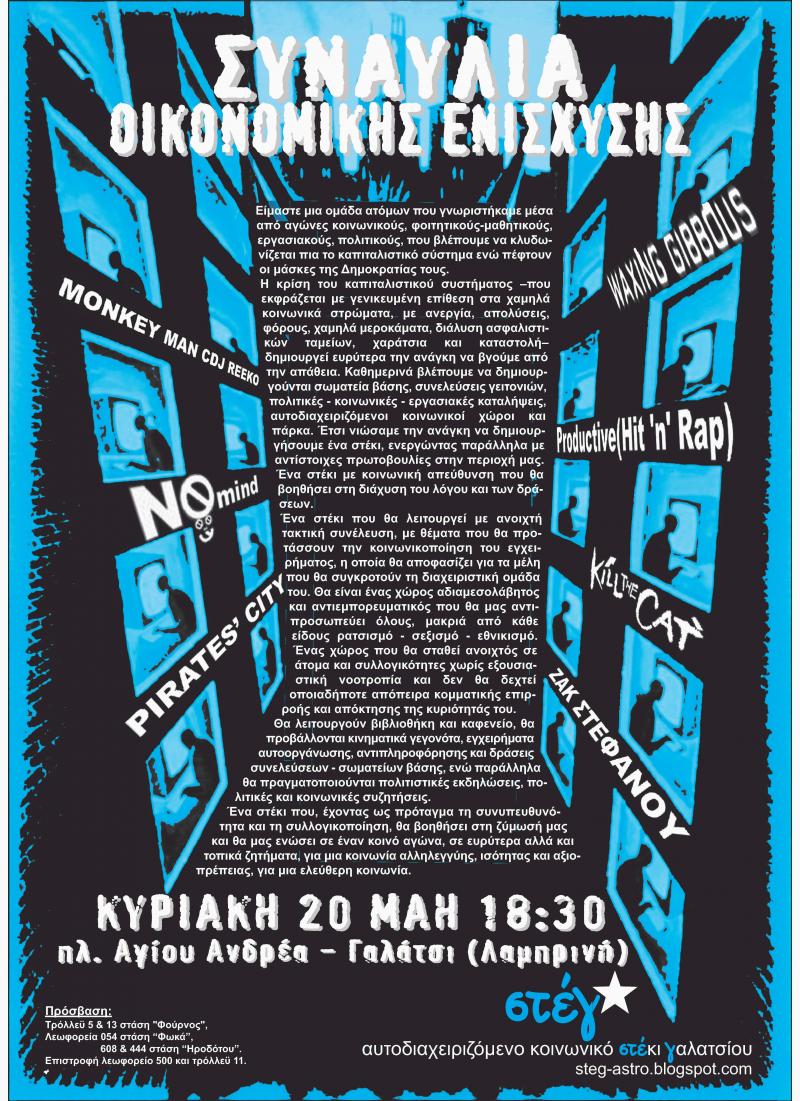








Nessun commento:
Posta un commento